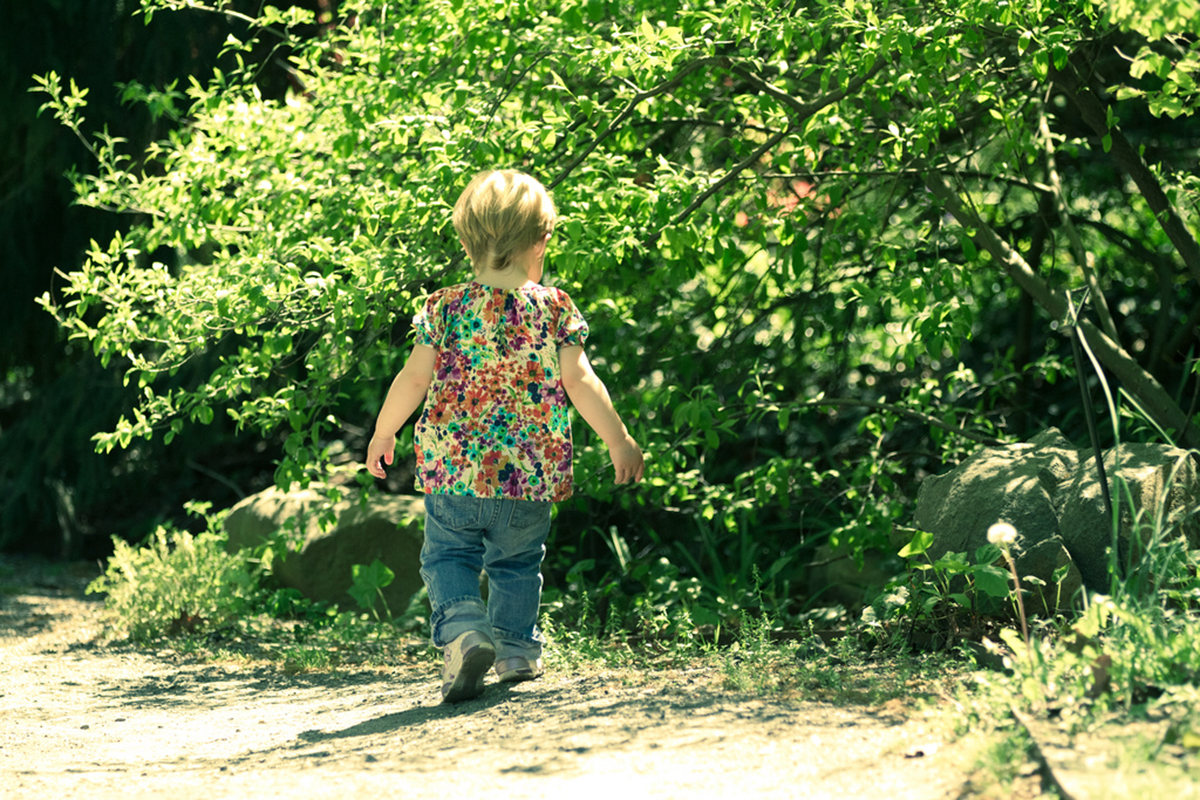Table of Contents
Childhood depression can be caused by an almost endless variety of negative factors within the child's environment. It can be related to physical health, unpleasant or traumatic events such as a death in the family, biochemical disturbances and a family history. NICE notes that depression often occurs in more than one person within the same family unit.

NICE lists individual risks and notes that current evidence suggests genetic factors play more of a role in the onset of adolescent depression than in child depression. No specific "depression gene" has been found to date. A highly emotional temperament is more likely to be a cause of depression in children and young people, the Institute says. Biochemical factors like abnormal serotonin levels can lead to depression as well.
Cognitive styles also play a role — kids who are self-devaluating or dwell on certain thoughts are more likely to become depressed.
Which children are at the highest risk of depression? The groups of children NICE identified as being at a particularly high risk for mental health problems including depression are:
- Children in care
- Refugees and asylum seekers
- Homeless children
- Young offenders — who are also at a high risk of suicide
- Maltreated children, including those suffering from "hidden maltreatment"
- Physically or mentally impaired children and those with learning difficulties
Experts noted bullying, including cyber bullying, as a risk as well.
Treatment Recommendations
The new guidelines especially focus on the need for immediate access to psychological therapy like cognitive behavioral therapy, interpersonal therapy or family therapy, and they recommend that this treatment should last a minimum of three months. Given the current tendency to hand antidepressants out like candies, this is a hugely important recommendation.
NICE says antidepressants should never be offered to children and young people with moderate to severe depression unless they also receive psychological therapy.
Andrew Dillon, Chief Executive of NICE and Executive Lead for the childhood depression guidelines, says: "Psychological treatments are the most effective way to treat depression in children and young people. It’s important that children and young people taking anti-depressants do not stop taking them abruptly, but we would advise people to talk to their GP at their next regular review about whether a psychological treatment may be a more effective treatment option."
These should be treated at the same time as the child "if the child or young person's mental health is to improve", they note. First-line healthcare professionals, teachers, and other community workers should be trained to detect the signs of depression, NICE believes.
These guidelines may have been created to function within the UK's healthcare system and offer specific recommendations on which type of healthcare professional should offer services and where, but there is no doubt that mental health professionals, family doctors, and others in other countries can learn much from them. Depression among children and young people is a serious problem that concerns society as a whole. Let's do the best we can to identify sufferers and help them overcome their depression.
- Photo courtesy of Tjook by Flickr : www.flickr.com/photos/tjook/5111553020/
- Photo courtesy of Guian Bolisay by Flickr : www.flickr.com/photos/instantvantage/5713333950/


Your thoughts on this